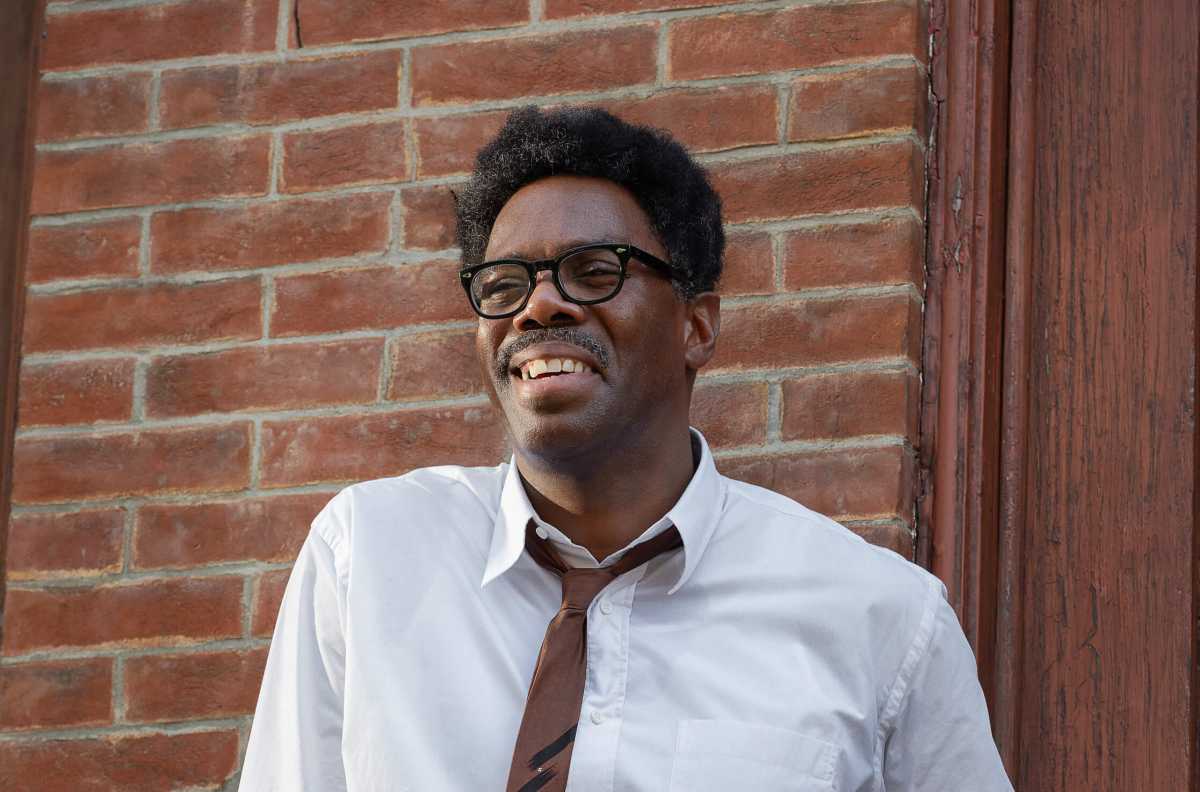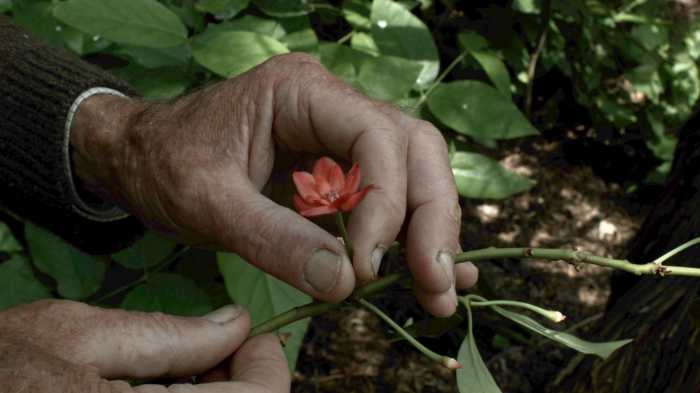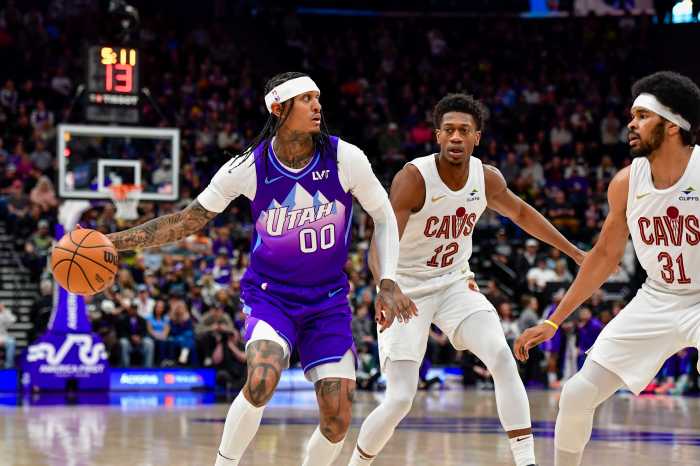Gay director George C. Wolfe’s “Rustin” dives into the stodgy heart of the biopic, opening up its choice of heroes without otherwise transforming it. It is genuine progress that Hollywood has finally produced a film centered on Bayard Rustin, the Black, gay civil rights activist who helped organize the 1963 March of Washington. Colman Domingo, who stars as Rustin, stands a good chance of becoming the first out queer man to win an Oscar for playing a character who shares his own sexuality. But aside from his performance and Branford Marsalis’ score, little makes it stand out. Rather than offering the shock of the new, it gives the impression it could only be made — with Barack and Michelle Obama as executive producers, no less — because it’s fundamentally safe.
After a prologue in 1960 where Rustin convinces Martin Luther King Jr. (Aml Ameen) to lead 5,000 people in a march, “Rustin” covers a two-month period in 1963 (with occasional flashbacks). Two years later, he jostles with other activists to put on a much larger one. Working under his mentor AJ Muste at the War Resister’s League, he’s driven to quit by a white co-worker’s racist remarks while watching TV news footage of Black protesters attacked by a fire hose. Yet his supposed allies, including NAACP head Roy Wilkins (Chris Rock), often put obstacles in his way. While he passionately defends his white boyfriend Tom (Gus Halper) at a party, he also sleeps with Elias (Johnny Ramey), a closeted and married minister.
“Rustin” makes only cursory attempts at representing the 1960s visually. The cinematography looks nothing like a film from that period, which would be fine if Wolfe and DP Tobias A. Schliesser had their own style to bring to it. But instead, the lighting is flat and dull, with most interiors tinted orange. A green screen was obviously used for the Lincoln Memorial; the film was unable to hire enough extras to make the March on Washington’s scale believable. Gay writers Dustin Lance Black and Julian Breece’s script plays its many moments of conflict for blunt drama. (They’re better at dropping information about Rustin’s background, such as the fact that he was a singer who played the lute, quickly.) Marsalis’ music gives many scenes a blast of energy missing from the direction. He does engage with jazz from the early ‘60s, tempering it with blues and gospel.
Domingo’s performance defies stereotypes about the period. Rustin’s mannerisms and voice make it easy to surmise that he’s gay. He carries himself with a theatrical poise. He served two months in jail after being arrested for having sex with a man in his car; after this point, it would’ve been almost impossible for him to stay in the closet. Both in real life and this film, he’s dogged by homophobic innuendo. (Strom Thurmond and others insinuate that he and King were lovers.) Even after the events depicted in “Rustin,” his sexuality was often seized on by activists who disagreed with him; the documentary “Brother Outsider” quotes poet Amiri Baraka calling him a “pervert” and shows a “FAG BAYARD” sign at a protest rally. Still, Domingo plays him as a man who let all this roll off him. Even as a survivor of two jail sentences, he’s confident and utterly unashamed about himself. To its credit, “Rustin” rejects the idea that a man who did heroic work needs his sex life sanitized or erased.
Quite deliberately, King is a relatively minor character. Other activists appear periodically, but they’re depicted as part of a story in which he’s the main character. However, this means his organizing efforts put him at the center: we see groups of people agree to sign up for the March without getting any insight into anyone beyond Rustin. As a study of one individual, this makes sense, but “Rustin” also wants to tell a larger story of the civil rights movement. Trying to maintain a fast pace, it succumbs to a “let’s put on a show” depiction of the hard work of political organizing.
The decision to end “Rustin” immediately after the March allows it to work as a feel-good tale. Continuing it even a few years further would take it into thornier territory. Rustin championed working within the system, which put him at odds with increasingly radical Black activists. He refused to condemn the Vietnam War, claiming that he wanted to lift up poor Americans through union organizing instead. His exact politics are hard to pin down, but Justin Vaisse called him a “right-wing socialist” and “neoconservative.” His work kept going long after King’s assassination: in the ‘80s, his activism turned to gay rights. “Rustin” offers a partial view of a complicated life. While it’s certainly preferable to the white savior narratives that have filled Oscar bait for years, it turns a long, prickly story into a narrative of simple resilience and uplift.
“Rustin” | Directed by George C. Wolfe | Netflix | Opens Nov. 3rd in select theaters, streams on Netflix Nov. 17th


































